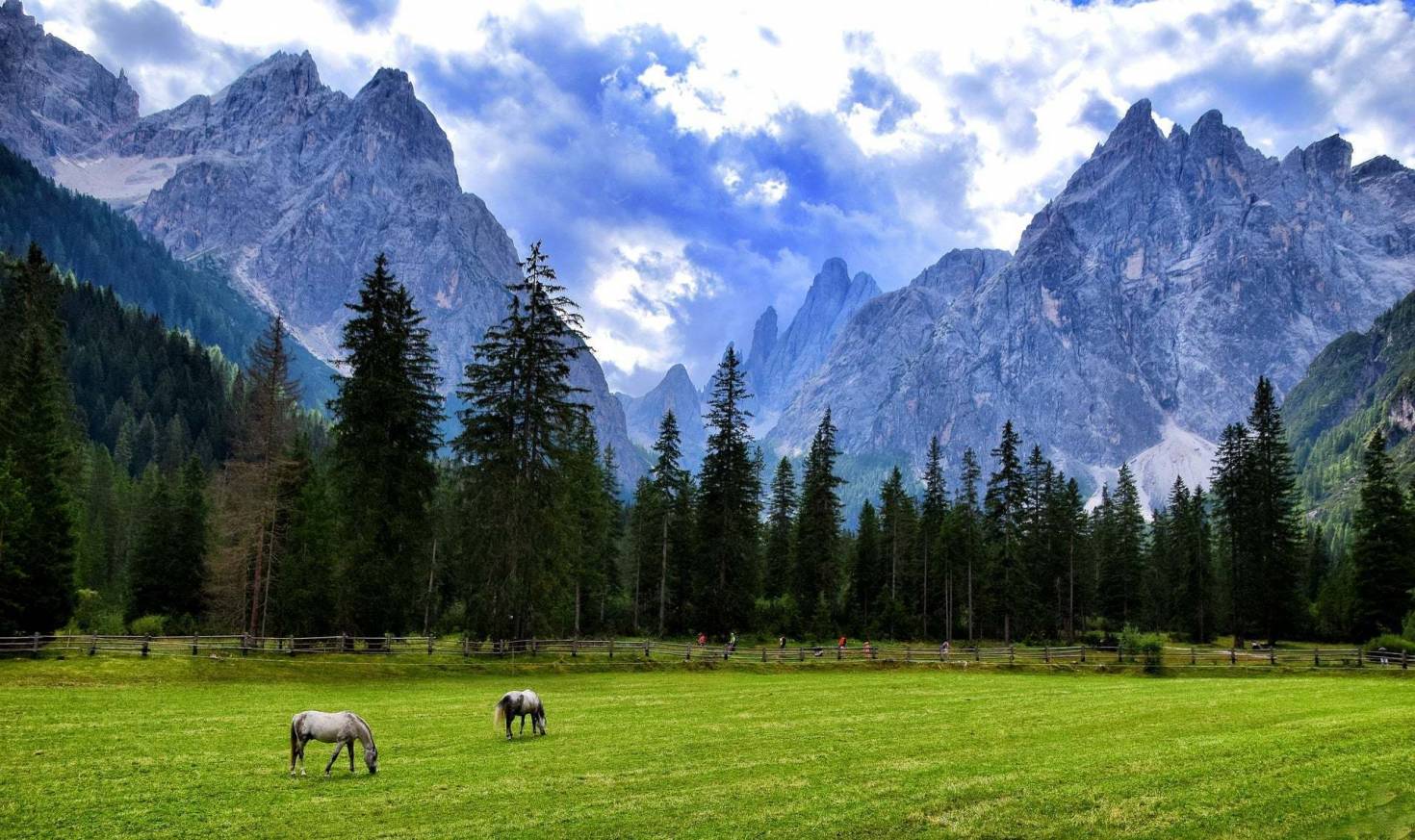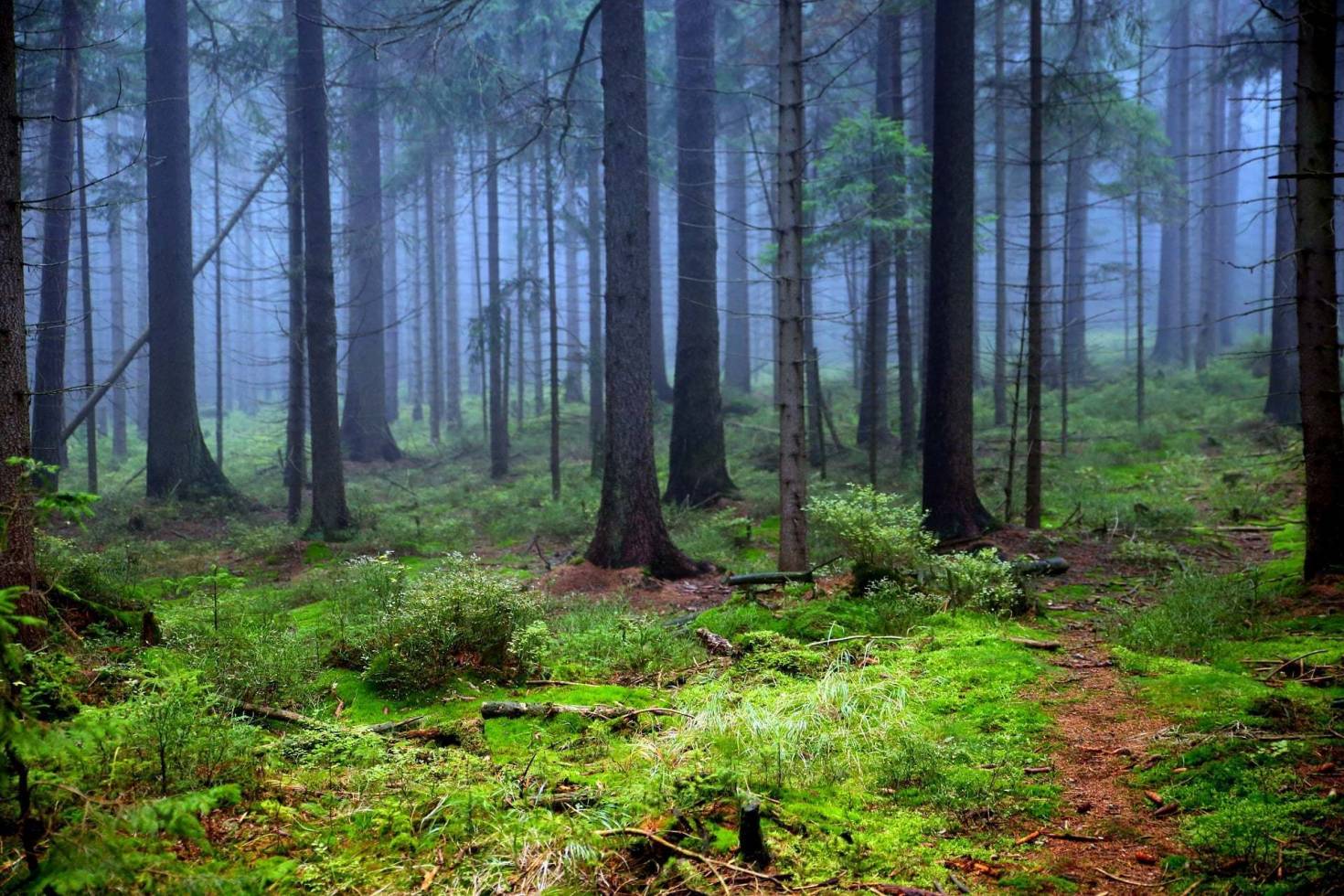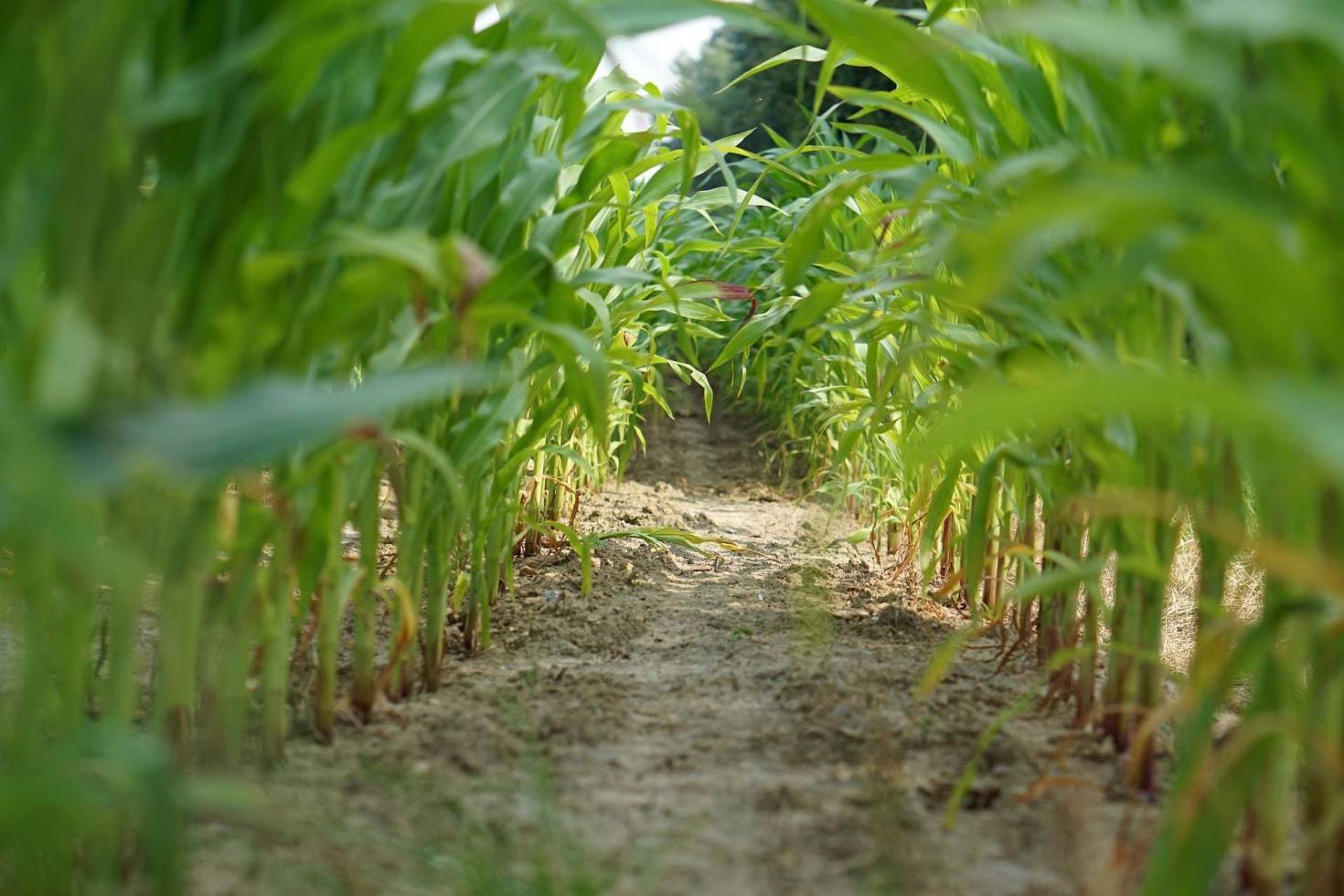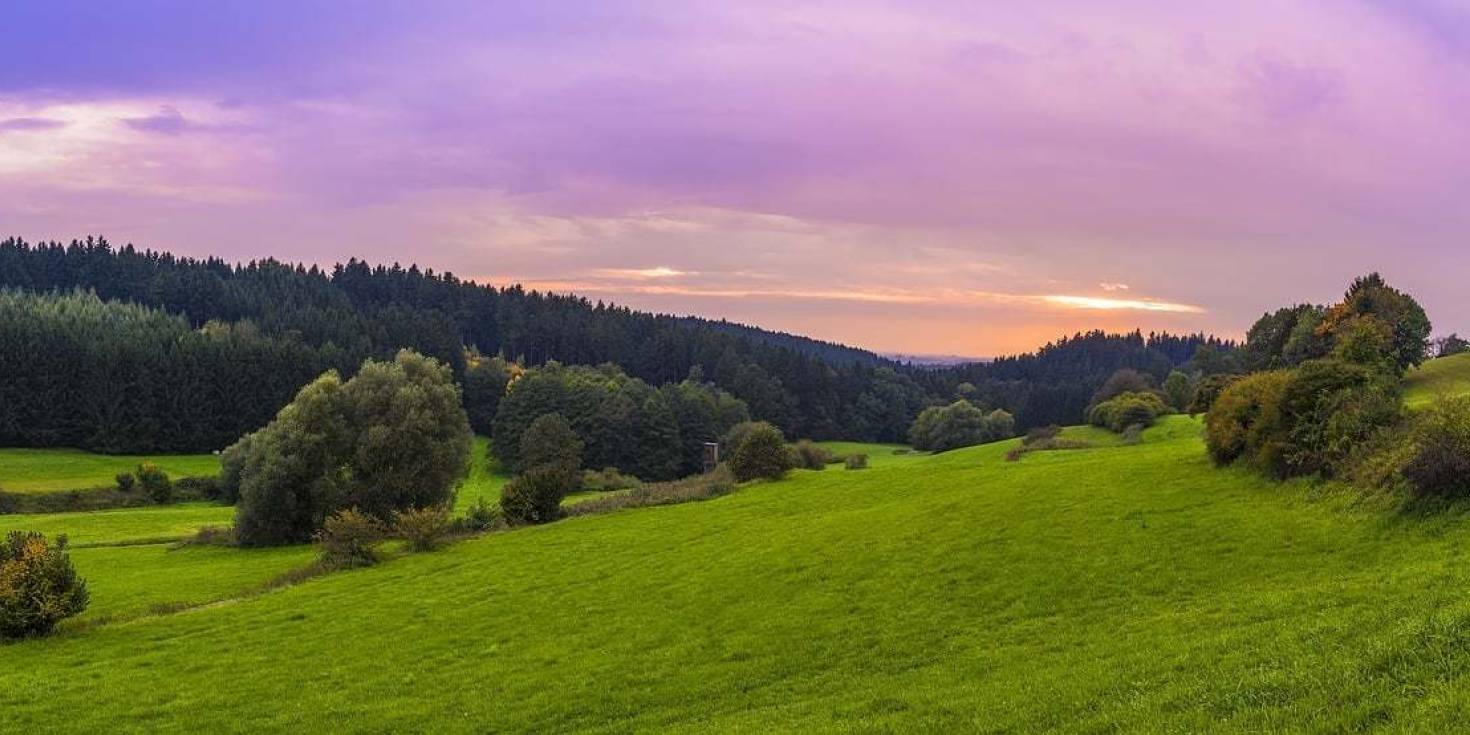The value of investing in land has been a subject of debate for a long time. You can find article after article, post after post, blog after blog, discussing why it’s a great idea, and then read another explaining why it’s a terrible idea. The truth is, the reason certain topics are argued and discussed over and over again, is usually because there’s not a black and white answer. Activities that are good for some people end up being lousy for others. Ventures that turned out awful for some, wind up being extremely valuable endeavors for others.
Imagine you hold a crisp $5 dollar bill up to your best friend and say, “Tell me what you see.” Your trusted friend replies, “The Lincoln Memorial.” You then respond by asserting, “No, you’re wrong, it’s a photo of Abraham Lincoln!” You came back with two completely opposing results, so who’s right and who’s wrong? The answer is you’re both right, you were just staring at the front of the bill and your companion was staring at the back. In other words, you were looking at the situation from different perspectives.
Since every situation and circumstance is somewhat different and brings an element of the unknown with it, whether or not investing in land is a good idea depends on the person, the surrounding circumstances, and the land. Take almost any subject matter and you can find opposing ideas, opinions, and experiences. Instead of debating whether or not investing in land is a good idea, maybe the real question is… is investing in land a good idea for you? When these conditions are taken into account along with research and experience, there are several practical reasons why investing in raw land could be the perfect investment for you.
It is a comfortable feeling to know that you stand on your own ground. Land is about the only thing that can’t fly away.Anthony Trollope

A limited resource
It’s hard to argue with Mark Twain’s well-known quote “Buy land. They’re not making it anymore.” Just because something is rare, doesn’t automatically make it valuable, but in many instances, that turns out to be the case. There’s only a certain amount of vacant land available, and that amount is decreasing every day as properties are being developed. According to a report by American Farmland Trust, the U.S. is losing 3 acres of farmland every minute. Buying land especially can make sense if it’s located in or around cities that are growing economically. You can bet when the development reaches your property, someone will come knocking on your door ready to make an offer.
Buy and hold
Instead of putting money in a literal bank such as a savings account, some investors have started using land as the bank. It’s referred to as “land banking.” It doesn’t seem like a bad idea to place money in a fixed asset that most likely will only appreciate over time. It’s the definition of a safe investment.
The freedom to create what you want
When you go to a restaurant and they accidentally get your order wrong, you can at least take the ingredients you didn’t want off your burger and eat it anyway (although especially picky eaters may have to reorder). It’s not that easy with a property that’s already developed. You're either stuck with the current structure and designated use or have to prepare to invest extra time and money to start over. The great thing about vacant land is you're free to do whatever you want with it (as long as it lies within the zoning laws). You may choose not to do anything, but it’s nice to have options.
Land data is becoming available
One of the major challenges has always been a lack of information available about land-centric properties. Comparables, soil data, statistics concerning surrounding properties, market values, and many other types of needed information have been hard to find in the past and somewhat neglected to the housing market. Fortunately, as technology has advanced, so has the data that’s available to the public. Although a buyer may want to try to walk the property, the idea is to be able to learn as much as possible sitting in the recliner. People buy and sell properties without ever setting foot on them. A great resource for learning more about land values is our land price calculator where you can see the price per acre of land in each state.
There’s a whole lot of businesses centered around granular land data popping up and being sold for big-time money. DuPont bought Granular for $300 million. Bayer agreed to purchase Monsanto for $66 billion. Agco purchased Precision Planting for an undisclosed amount. John Deere paid $305 million to acquire Blue River Technology. These acquisition prices point to the fact that land data is extremely valuable and still somewhat rare.

Less competition
How skilled are you in the art of negotiation? When you're in a highly competitive market like housing, this could be the difference in whether or not you succeed in getting the property you want. The land market is a different story. Everyone needs a house, but not everybody is out there purchasing land. If you’re the only buyer showing interest in a parcel of land, who cares about your negotiation skills. A lack of competition can play out to your advantage and you may end up creating a great opportunity no one else was able to see, especially since a lot of landowners you're going to deal with will end up being motivated to sell.
Dependable
There’s a large problem with most material possessions… they can be stolen, lost, damaged, or taken away in some form or another. Land is different. Once you own it outright, it becomes a reliable investment vehicle that will be there until you make a decision to the contrary. Knowing your asset will continue to exist unchanged creates a sense of well-being, peace, and contentment that goes a long way in a stressful world.
The land can work for you
Often an argument against investing in vacant land is the fact that it doesn’t produce income. This is only a half-truth. There are plenty of ways to make your land work for you and start putting money in your pocket. Whether it’s leasing the property to a hunter, harvesting the timber, or developing it into residential units, there are a lot of income-producing avenues available. To find out more about land uses, take a look at our blog shedding light on various land uses and property types.
Many people choose to live an off-the-grid lifestyle where the land essentially provides everything they use. To learn more check out our blog with details on how to live off the grid.
Farms and ranches are examples of income-producing land types as well. A fun fact is there are a lot of people out there that don't know the difference between these 2 types of properties. If you're looking at investing in land, it's helpful to know about different land types like the difference between a farm and ranch. More and more people are investing specifically in agricultural land. You can not only generate returns from the land appreciating, but also from selling the harvested crops. To learn more check out our investing in farmland article.
Low maintenance and appreciation
Boring and mundane are bad words for kids. As you get older, these words tend to change and become a lot more attractive since life tends to be busy and chaotic at times. One of the great things about land as an investment is you have to do very little to maintain it compared to other types of real estate. It just sits there without expensive fixtures and appliances breaking or tenants constantly complaining, and you rarely even have to visit the property if you don’t want to. Sometimes simpler is better, and while you’re relaxing, your land investment is appreciating in value.

Create cash flow with owner financing
Since lenders treat land loans significantly differently than traditional housing loans, an opportunity is created to offer owner financing. Typically, it’s difficult to get approved for land financing especially through traditional lenders, so land buyers are more apt to go through with a deal where you become the bank and lend them the money for the purchase, even at a higher interest rate. Depending on the terms you agree to, this can result in a large down payment. Some people even prefer the installment method over receiving a large lump sum payment.
If you're interested in learning more about owner financing, take a look at our post discussing whether or not owner financing makes sense in a land purchase. If you happen to be shopping for land, head over to our owner-financed land for sale and explore our land payment calculator.
Less expensive
As a rule, vacant land will have a lower price tag than traditional real estate. You're not shelling out cash for structures or developments. This is a serious plus for small-time investors or people just starting their real estate business. It takes money to make money, and with land, it takes less money to start making money. If this piques your interest, check out our cheap land for sale. There are ways to find properties that are delinquent, where the current owner is extremely motivated to sell or simply doesn’t care, which can result in deals for pennies on the dollar. If you do your research, you can find incredible deals on appealing undeveloped properties starting at a cost in the low thousands and sometimes even in the hundreds. If you're curious about where cheap land is located, check out our article discussing locations with the cheapest land in the U.S.
Long-term investment?
The majority of articles you read about investing in land call it a long-term investment, and it seems like people just accept it. Here’s another example of a half-truth. Sure, vacant land can be a long-term investment, especially depending on the purchase price, but it can be a great short-term investment as well. You can find example after example of well-informed savvy investors making 300% returns in as little as a few days on a land deal.

The bottom line is there’s “a land of opportunity” available when it comes to investing in land. It takes the right person, the right time, and the right properties. There are some clear-cut mistakes to avoid and detailed research required in order to be successful, just like there is with any business. But there are a lot of people out there who have become wildly successful through buying and selling land and you could be the next. If you're considering a land purchase, take a look at our step-by-step guide discussing how to buy land, or browse land for sale to begin investing.

